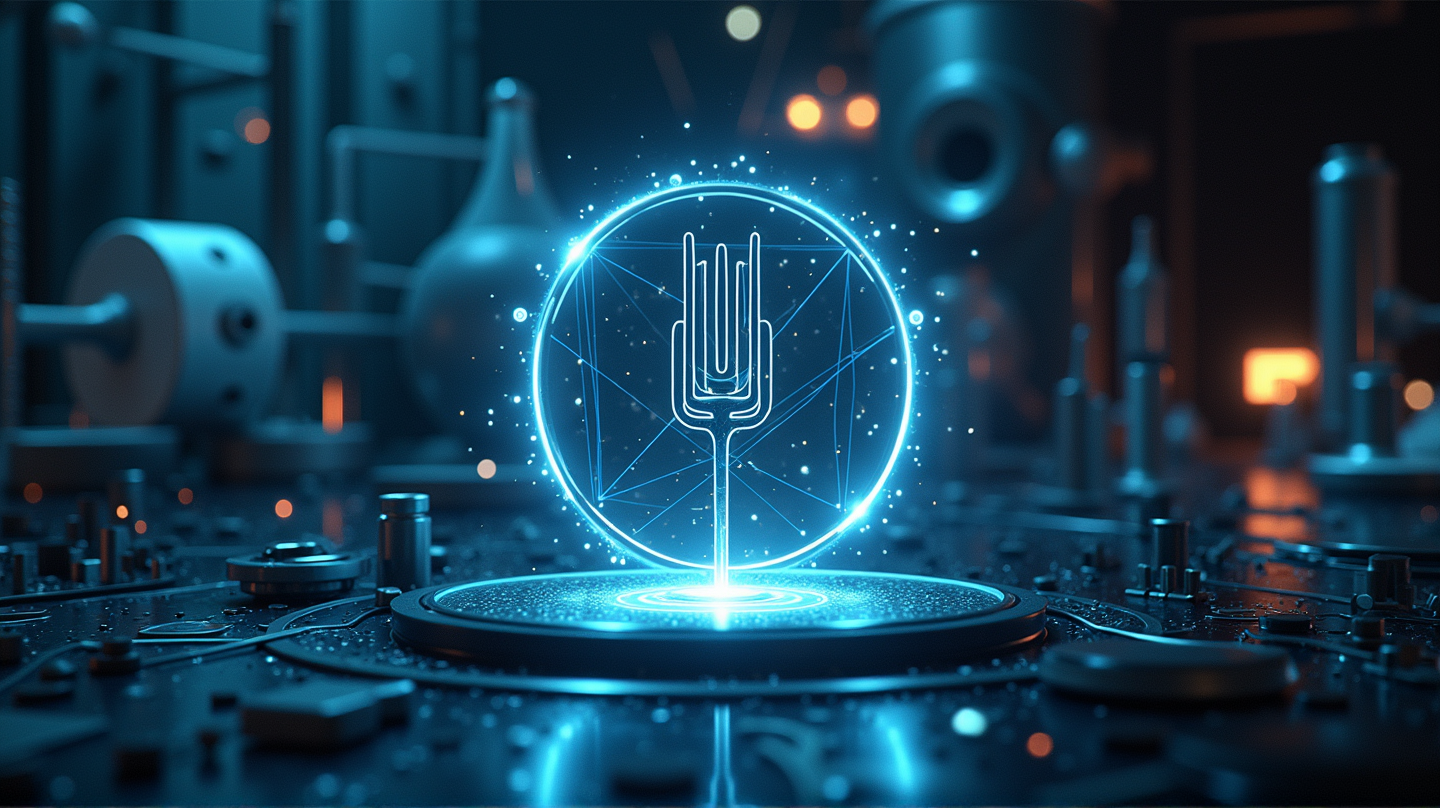A New Era in Quantum Storage
Caltech researchers have engineered a breakthrough in quantum memory, stretching data retention up to 30 times longer than prior methods. This pioneering achievement hinges on converting electrical information into sound waves, setting a new standard for quantum technology’s future.
Quantum Mechanics Meets Acoustic Vibration
Traditional computers store information as bits, while quantum systems utilize qubits capable of existing in multiple states simultaneously, thanks to superposition. The Caltech team has devised a groundbreaking method to channel quantum states into sound waves using mechanical oscillators, allowing information to be stored efficiently for extended periods.
Mechanics of the “Tuning Fork” System
The innovative device at play functions similarly to a miniature tuning fork. It operates by transmitting quantum data as sound waves which are stored and recalled with unprecedented precision, thanks to strategically vibrating plates that interact with electrical signals at high gigahertz frequencies. This approach mitigates energy loss and enhances the longevity of quantum states, offering a scalable path for integrating multiple memory units on a single chip.
The Road to Practical Quantum Computers
This sound-powered quantum memory offers more than just extended data retention; it promises a practical, scalable path toward fully operational quantum computers. By slowing down energy transmission, this approach minimizes leaks and enhances stability. The development marks a significant stride toward coupling rapid quantum computation with reliable, long-term storage, presenting a viable blueprint for next-generation computing systems.
Future Horizons: Advancing Acoustic Interaction
While Caltech’s discovery elevates quantum memory capabilities, further research is needed to fast-track data input and output. This requires amplifying interaction rates between quantum and acoustic waves by up to tenfold. The research team is already exploring potential methodologies to achieve this acceleration, setting the stage for even more groundbreaking advances.
A Collaborative Effort
This remarkable innovation is the combined effort of graduate students Alkim Bozkurt and Omid Golami, under the guidance of Assistant Professor Mohammad Mirhosseini. The study, supported by the Air Force Office of Scientific Research and the National Science Foundation, represents a collaborative stride forward in quantum computing technology.
Caltech’s continued pursuit of quantum breakthroughs signifies not just a leap in technology, but a profound transformation in how we perceive computation. Quantum memories infused with sound waves herald a thrilling era where quantum mechanics truly meet the artistry of sound.
